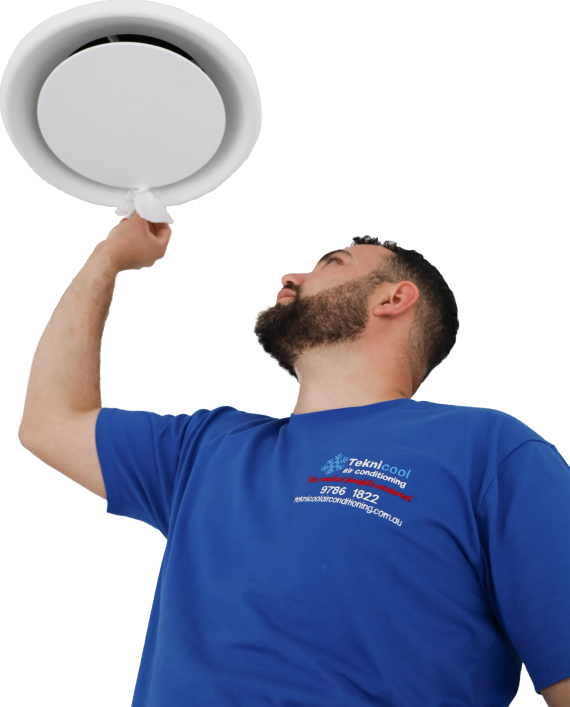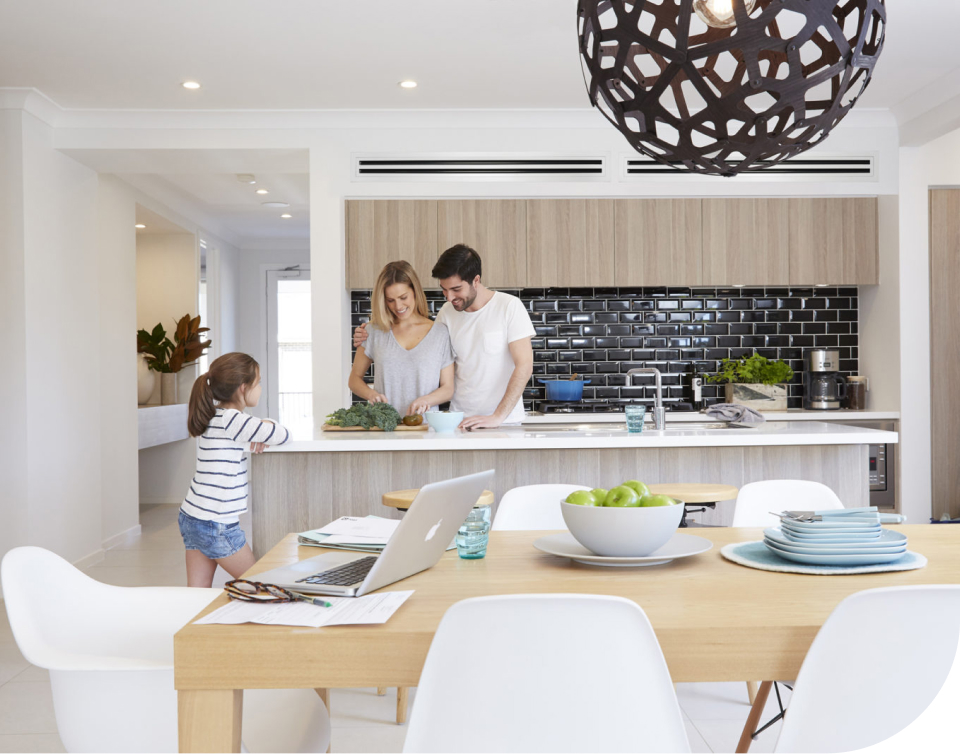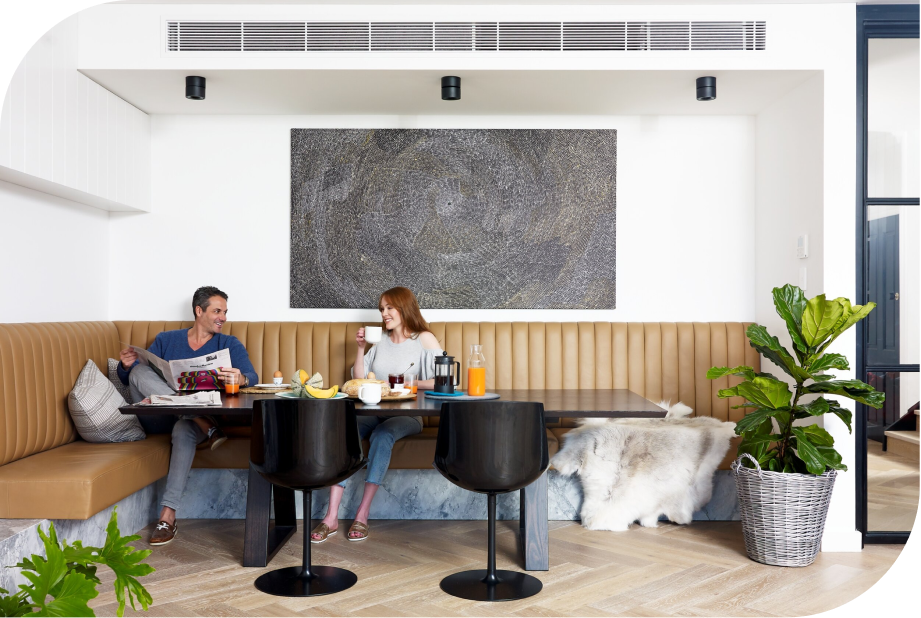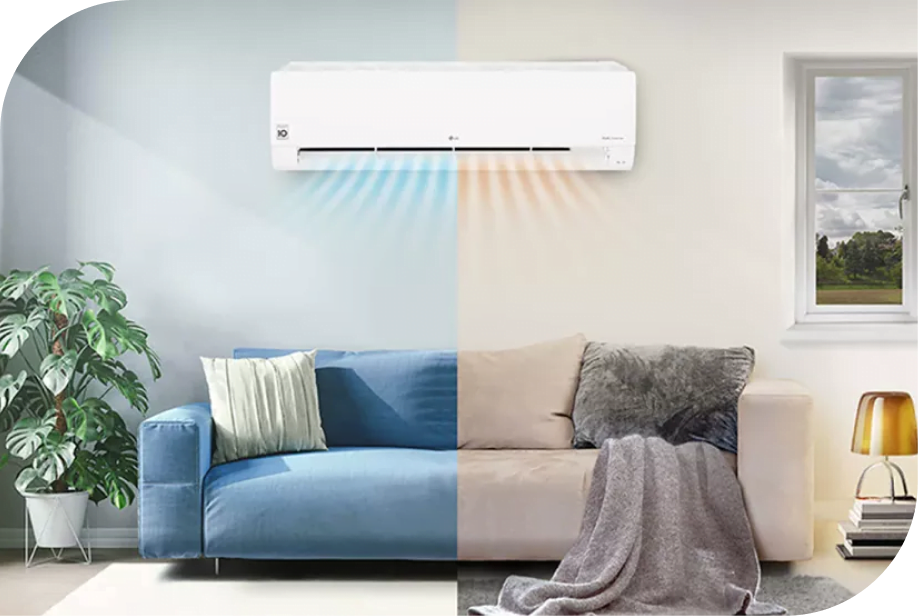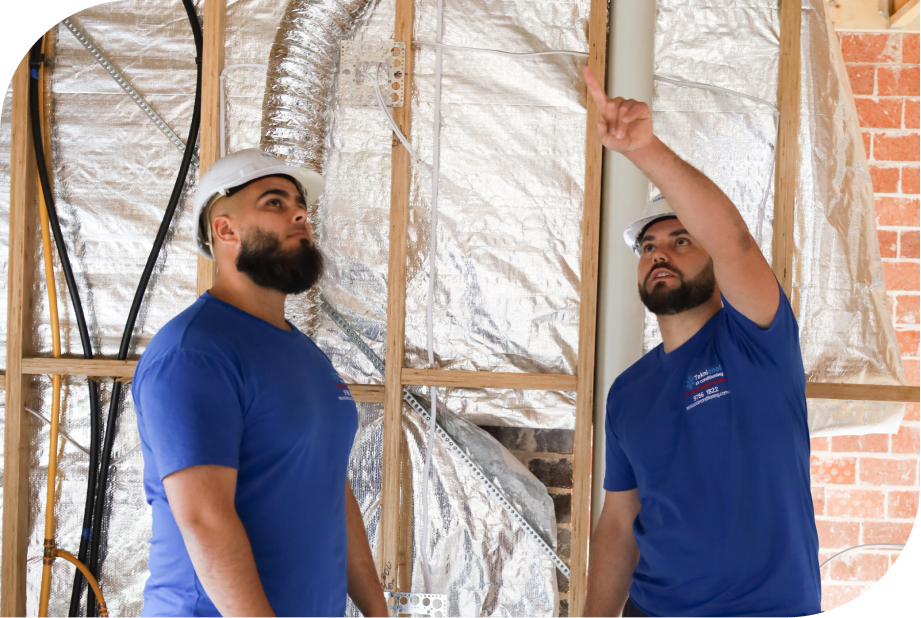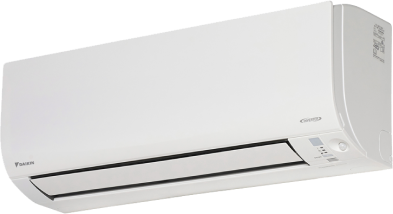A properly functioning Air Conditioning Sydney & Ducted Air Conditioning Sydney system is an important part of your home. A lot of people spend quite a bit to fix things when they don’t work right, but could have avoided such issues if they had maintained them properly. The tips found here will help you to keep your Air Conditioning Sydney & Ducted Air Conditioning Sydney in running order.
Know what you need before you select an Air Conditioning Sydney & Ducted Air Conditioning Sydney contractor. It will be hard for a contractor to give you with an estimate over the phone if they have not seen your current setup is. It will be way more hard if you over the phone without the information readily available.
Clean your condenser’s fan blades and coils when the weather begins to warm. Clean the outside of your condenser as well.
Be sure to clean debris from external condenser units. You never know when things can pile up, like right after it’s windy or rains, and that can ruin your system. It could overheat and cause your system to malfunction by overheating.
Turn it off so nothing moves.Then, take the grill off, pull the blades out, and begin cleaning the unit and them gently.
10 Drops
Lubricate the oil ports on your fan condenser once a year. These are often covered with rubber or metal cap. Use a lightweight, and put 10 drops or fewer in each port, putting 10 drops in each port.
Put your outdoor condensers in the shade.
Have your Air Conditioning Sydney & Ducted Air Conditioning Sydney system checked twice a year at the least. This should happen in the fall and again in the spring.
Turn off outdoor condensers you have when the weather gets cold. This means that you should turn it off to prevent damage if the temperature drops below 60ºF to avoid damage. This can ensure your system working for years and save you a lot on repairs.
The Air Conditioning Sydney & Ducted Air Conditioning Sydney system is arguably the most important appliance in your house. Without this, living conditions can become unpleasant. These suggestions will reduce your repair costs in the long run. You have to be sure you follow these things so you don’t end up having to be someone that pays a bunch of money getting things fixed you may have prevented.
A lot of people wish to figure out
Video About Air Conditioning Sydney
For more information on Reverse Ducted Air Conditioning Sydney , Ducted Air Conditioning Sydney and Reverse Ducted Air Conditioning Sydney you can contact us at: Tekni Cool Air Conditioning Sydney NSW Condell Park NSW, but have a little trouble fully understanding them. This material will give you some great info about Video About Air Conditioning Sydney
For more information on Reverse Ducted Air Conditioning Sydney , Ducted Air Conditioning Sydney and Reverse Ducted Air Conditioning Sydney you can contact us at: Tekni Cool Air Conditioning Sydney NSW Condell Park NSW. Now is the time to take the knowledge you have gained and apply it to your life!
